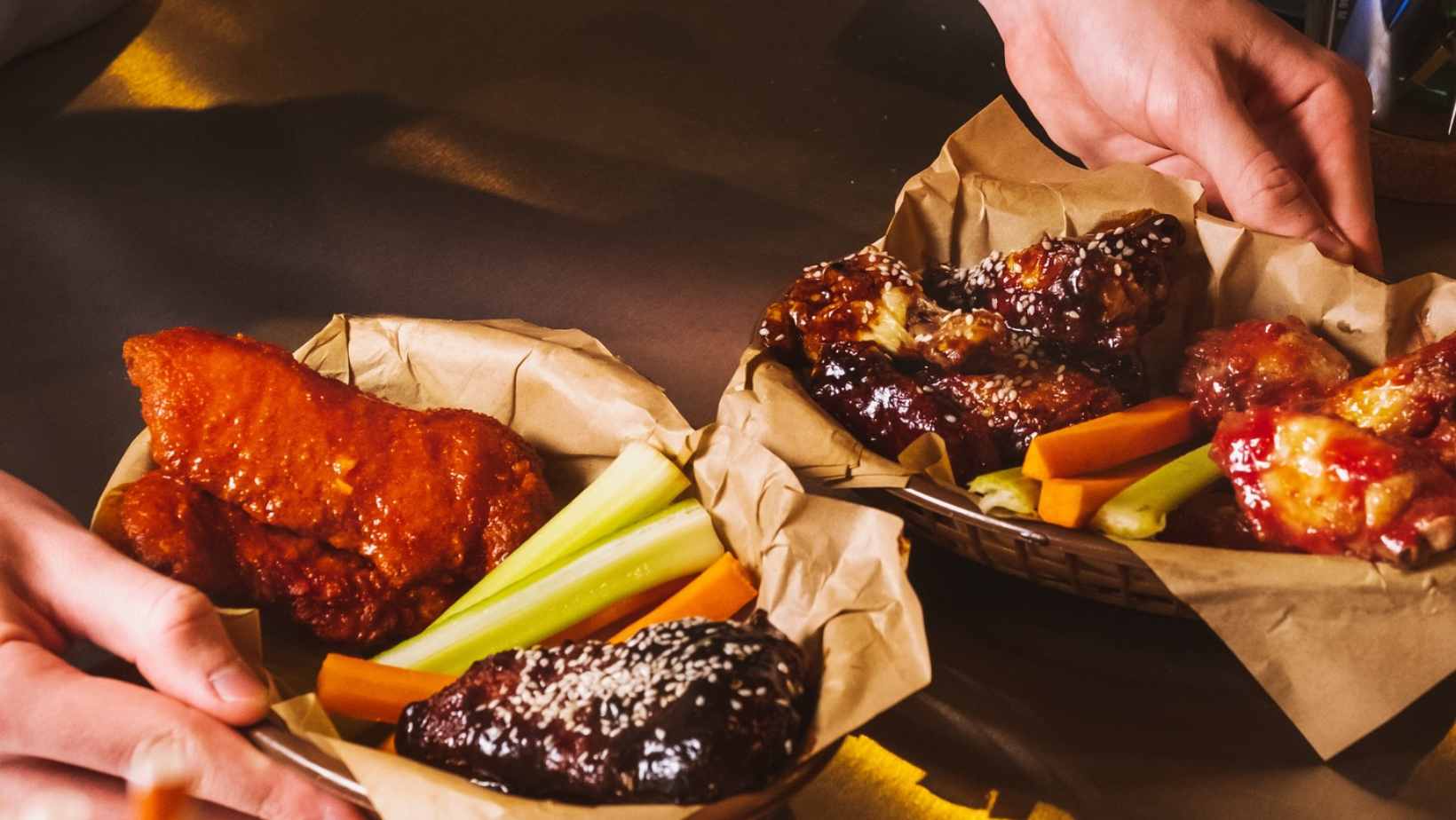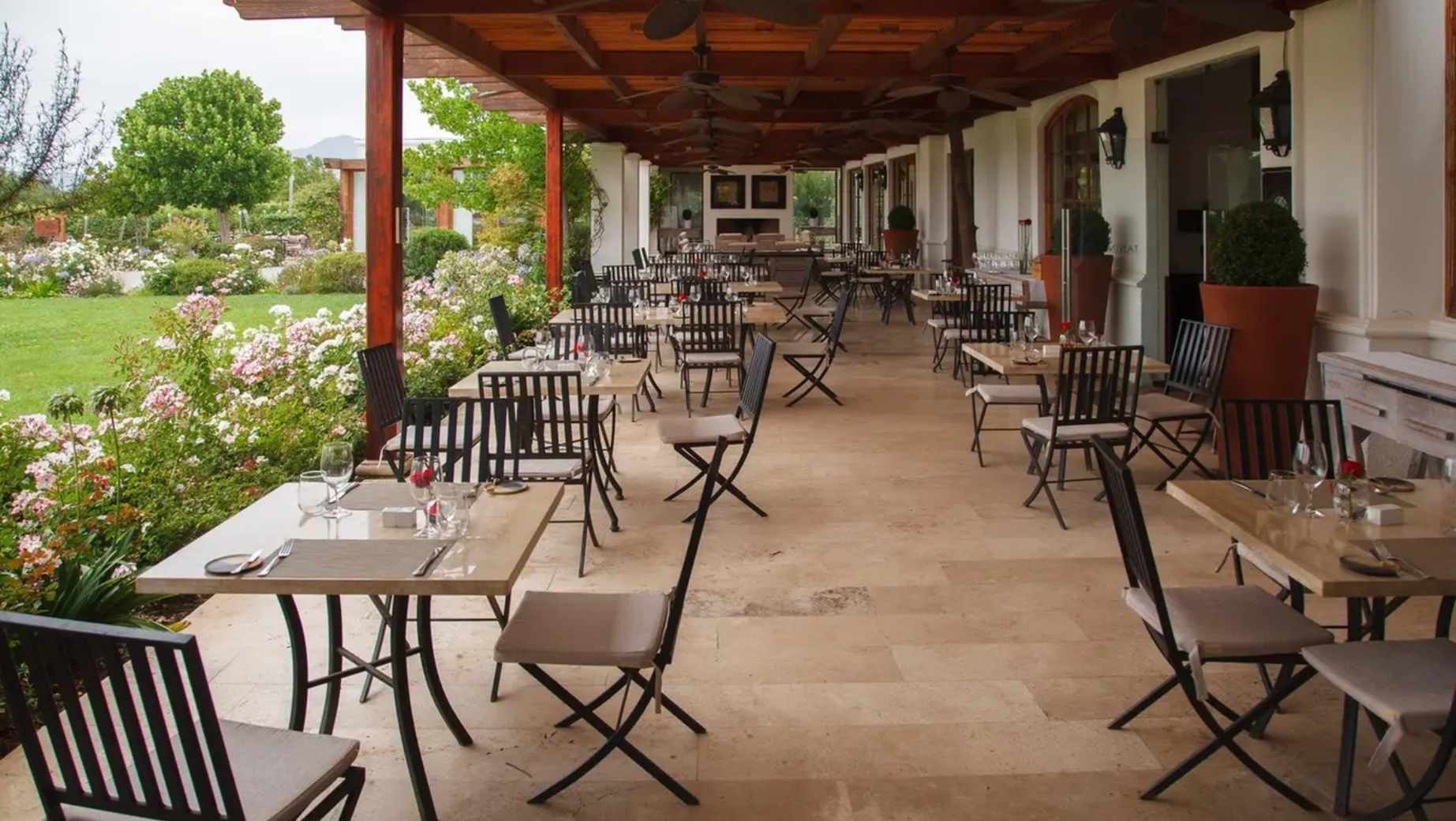As the second wave of Covid-19 ripped through Prague, a network of concerned citizens sprang into action to feed the cities’ homeless population who are battling freezing temperatures on empty, dark streets.
The Non-Governmental-Organisation Místní místním (Locals for Locals in English) has coordinated a web of restaurants, social services and volunteers who make and deliver free baguettes to people living on the street. Over 1,000 baguettes have been distributed so far across the city.

“That’s the official number, but I imagine it’s higher in reality because some cafes provide more baguettes than we can pay them for,” says Ester Pacltová, co-founder of Místní místním. Ester speaks highly of the group of ‘solidarity cafes’, saying that they have reacted quickly to a desperate situation. “The owners always ask how people in the streets like the baguettes, and if they should change anything,” she says proudly.
Any hospitality business can join the solidarity network. Místní místním raise the money, which they then give to the cafes so they can buy the ingredients for the baguettes. Originally, volunteers would pick up the food and courier it to Místní místním’s partners, the Salvation Army and Naděje (Hope in English). “These social workers are in the city every day, and they already know people without homes. This was the best way to distribute the food because the trust is already there,” Ester explains.

The Second Wave
The situation is very different now than it was in March when the government moved to house homeless people in empty hotels and hostels as services struggled to cope. Now, Ester tells Prague Morning, the need is in the street. After meeting with the City Police and representatives from the municipality on a regular basis to discuss ways to address this gap, Místní místním has secured funding from the city.
At the same time, Naděje and Salvation Army have managed to get financing from the municipality. But the project doesn’t stop here. “We will continue the call and action until at least December,” Ester says. “As street teams are now self-sufficient during the week, all further donations to our cause will help us do our own street work on the weekend. We will still distribute baguettes, as well as disinfection and masks.”
While food is the focus, it’s not the sole aim of this network, Ester clarifies. “This is not only about baguettes, but to make a solid network of connection. We want to tell society ‘Look, we can’t solve all these people’s problems, but we can bring them food, and our acceptance.’
“We also didn’t want to stand still while waiting for actions to come from above. I believed that government support would come eventually, but the homeless just isn’t their priority group.”

Locals for Locals prep baguettes for distribution
Aleš Strand is the leader of street workers at Naděje, a social service provider. His team has delivered 60 baguettes a day, while also sharing the latest health information and urging them to use services. This project has been welcomed by the street workers because it helps to build trust between people without a home and the general public.
“Right now it is harder for homeless people to find food or beg because the streets are empty of tourists, people don’t have much money themselves, and it’s harder to find food in the bins,” Aleš says. “When we tell the people who know on the streets that the public donated the baguettes, then they may feel less alone. This acts as a signal that society did not forget them but are nearby to support them.”
One Cafe’s Commitment
Hanoi Square in Prague One joined the solidarity work after opening just a couple of months ago. Manager George Nguyen came across Místní místním’s baguette project while looking for ways to support his local community. “I wanted to give something back and do some good,” George says. “Food is a good choice because it makes me confident that I am giving and they are getting.”

The Hanoi Square Team
Last week, the team at Hanoi Square fired up the kitchen to make 30 meals for Sophie’s Kitchen; a nearby hostel. This is an anomaly in Místní místním’s call to action. Hanoi wanted to help people directly, so Ester agreed as she believed it will help to build and maintain a local connection.
I joined Ester and a few of those who stay at the hostel to walk the few streets to Hanoi Square where we picked up delicious smelling Vietnamese dishes. Back at Sophie’s, we distributed the meals to very grateful customers. “I want them to come by again so I can talk to them and ask if they liked the food,” George says, laughing.
He continues: “I would like to encourage other restaurants and their owners to get involved. If you have more than you need, give it away. If you are already opening your kitchen each day, preparing an extra 30 portions is nothing. My vision is to motivate even half of all the restaurants in Prague to do the same as us. We could donate hundreds of meals each week.
“We can’t change the world but we can help to make it better,” he concluded.
Volunteers Building Connections
The motivation to help those in need is what drove Alec to start volunteering for Místní místním back in the Spring. “During the first lockdown I was bored at home, so I texted my favourite restaurant to see if they needed help. They told me they were hosting a charity cooking event, with Místní místním. But something went wrong and they cancelled. I felt really bad, so I got in touch with Ester who told me I could help to distribute food that had already been made,” he elaborates.
Months later and Alec is managing a team of volunteers who gave up their time to act as an important bridge between cafes and social services. “I stuck to it because this job is needed,” he says. “When the pandemic first started, people were more open and thoughtful. But right now, everybody has so much stress resting on their shoulders, that they don’t feel they have the capacity to help other people.
Whereas, I have so much capacity. While I did lose a job and a lot of money, I still have a roof over my head. And I have food. So I feel like it’s my obligation to help those who don’t.”
While valuable connections have been made, this project can’t last forever. “It was intended to fill a gap while waiting on the municipality for support,” Ester says. “I know the public is tired and not in a very good financial situation. So I am searching for other ways of financing the project because it’s beautiful that people are helping — but it shouldn’t be supported only by them.”
While Ester keeps pushing for systemic solutions, you can still donate to the cause. Even a little donation would make a big change. For 60 CZK the team can make one large, nutritional baguette, and cover the basic costs for smaller cafes. A donation of 300 crowns will feed five vulnerable people who don’t otherwise know when their next meal is coming.
-
NEWSLETTER
Subscribe for our daily news









